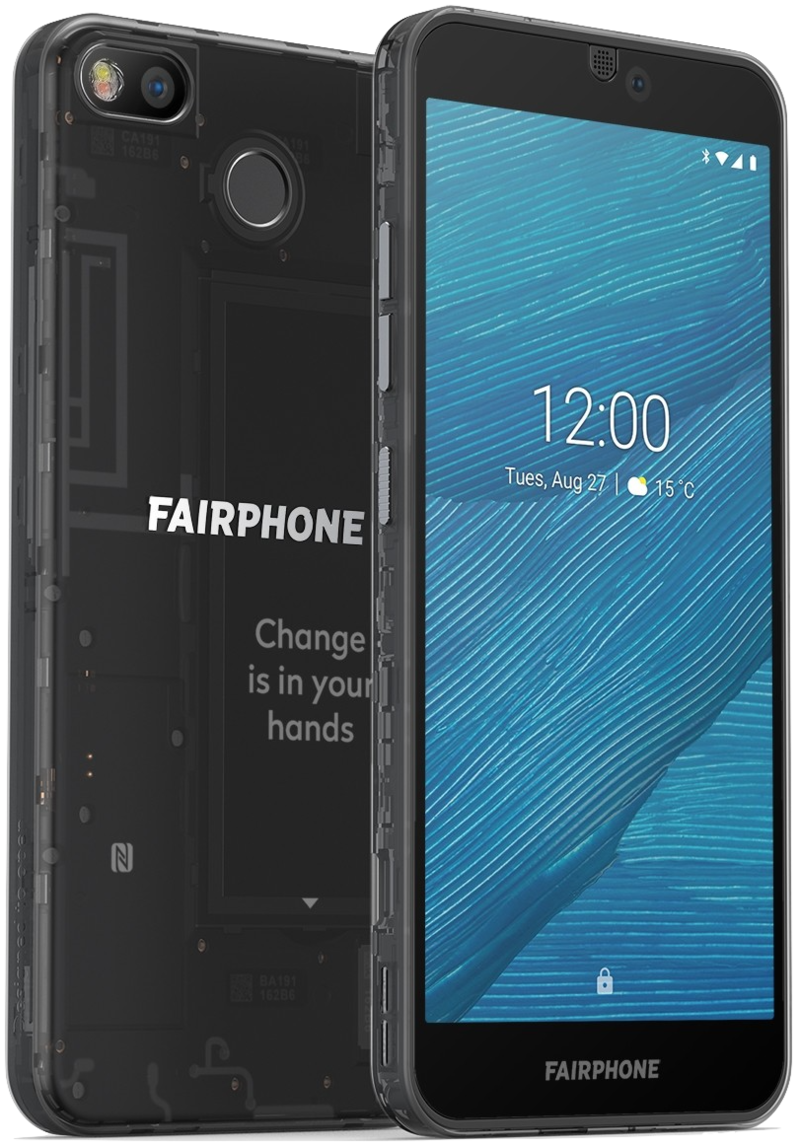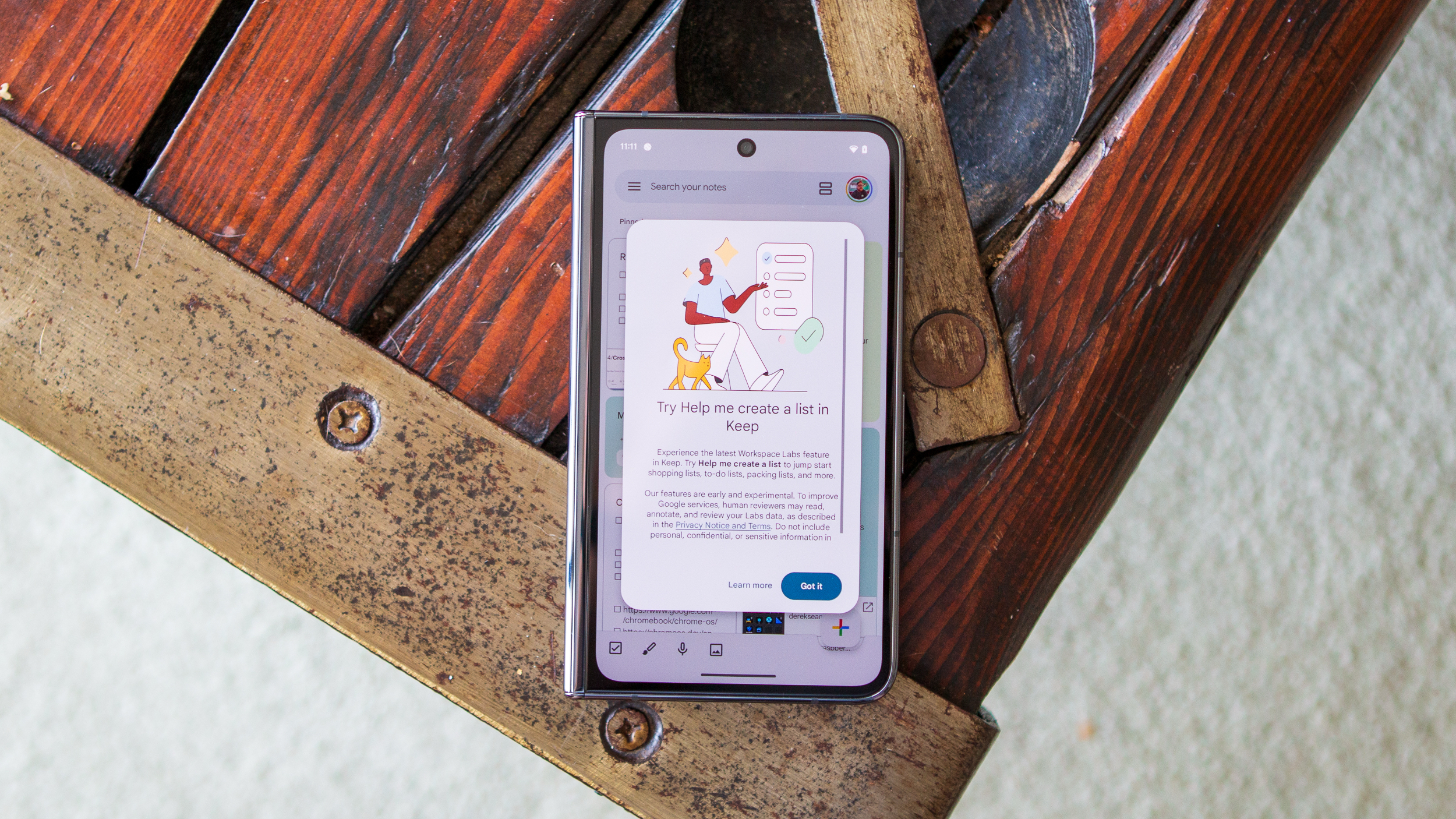Interview: Fairphone's Ioiana Luncheon on what it takes to make a sustainable smartphone in 2020
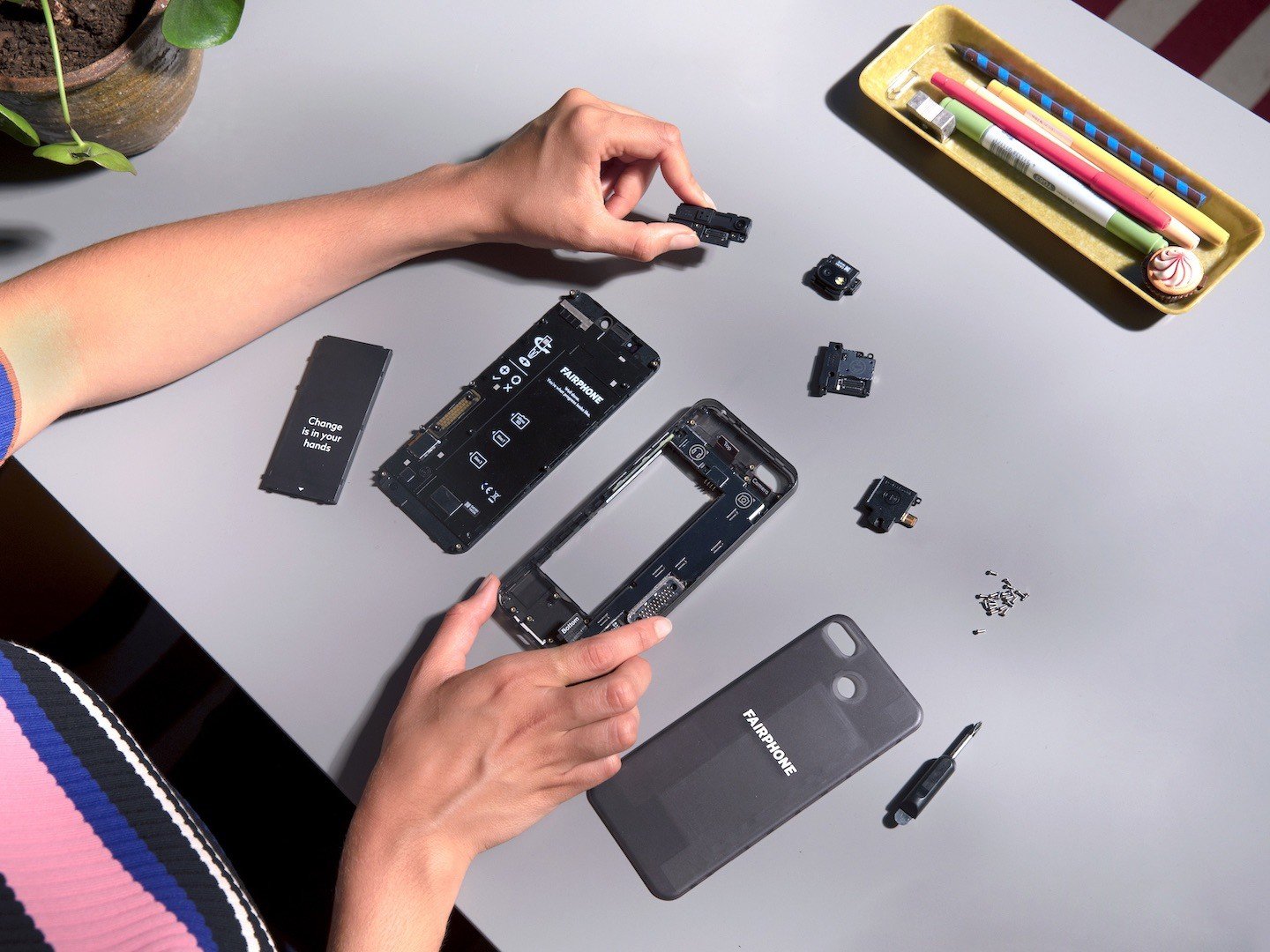
Given that another Earth Day has arrived, we thought it would be wise to take a look at just how the mobile tech industry is doing concerning the environment. As a whole, this industry doesn't have the best reputation for sustainability, though there are signs this is improving a bit. Whether it's recycling robots that salvage valuable parts and minerals from old phones, or using more recycled material in materials and components, some companies have begun taking baby steps toward a more sustainable model.
Though perhaps not as well known in North America as in Europe, one company that has really taken to heart the idea of tackling sustainability from multiple fronts, including material sourcing, manufacturing, distribution, customer experience, and recycling (e.g., the circular economy) is Fairphone.
The Dutch-based smartphone manufacturer came on the scene in 2013 first as a social campaign, and then as a for-profit company. Its goal is to educate the world about the inequities and waste in the manufacturing system and to lead the way by showing that it is possible to create a more sustainable product and production process that was better for people and the planet.
I had the pleasure of speaking with Ioiana Pires Luncheon, Fairphone's PR & Communications Manager, about the company's philosophy on sustainable products and the circular economy. What follows is a transcript of our conversation.
State of sustainability
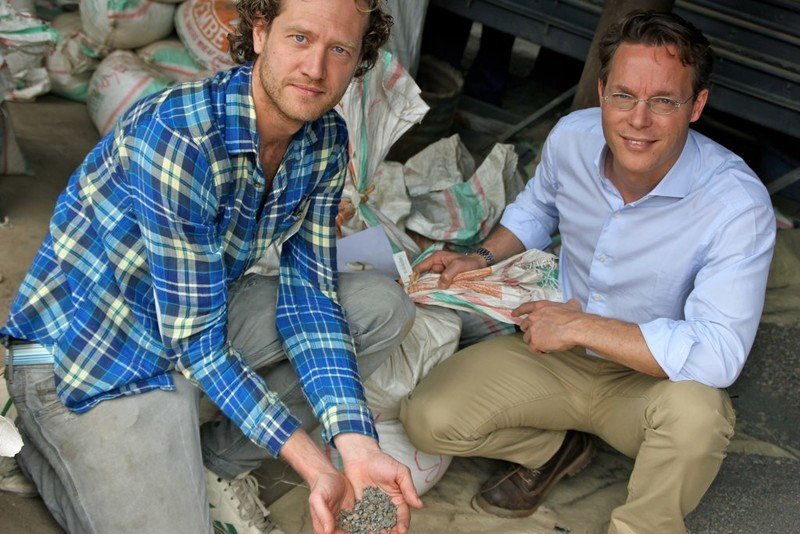
Though Fairphone is not the only tech company working on sustainable products, it was certainly the first I'd heard of. I asked Luncheon how Fairphone's early mover status has impacted the tech industry thus far.
Android Central: Since its inception, Fairphone has been a leader in sustainable production and design. Have you noticed other phone manufacturers or tech companies following your example, not just in terms of sustainable design, but in terms of seeking out partnerships with ethical suppliers, contractors, etc.?
Ioiana Luncheon: Recently, our founder Bas met a CSR-manager of a big phone brand at a conference. She came to him to express her experience with Fairphone. Apparently her colleagues from marketing came to her, put the Fairphone on her table and asked: 'Why didn't we make a Fairphone?' She was frustrated because this is what their CSR-team was working on for years but nobody wanted to listen at that point. But she told him that soon after she came to understand the empowerment that Fairphone could bring to her job as well. She realized that Fairphone in a way helped them to bring ethics on the agenda. Now she received a bigger budget for CSR activities and was regularly invited at the board level to discuss her achievements and remaining challenges.
Get the latest news from Android Central, your trusted companion in the world of Android
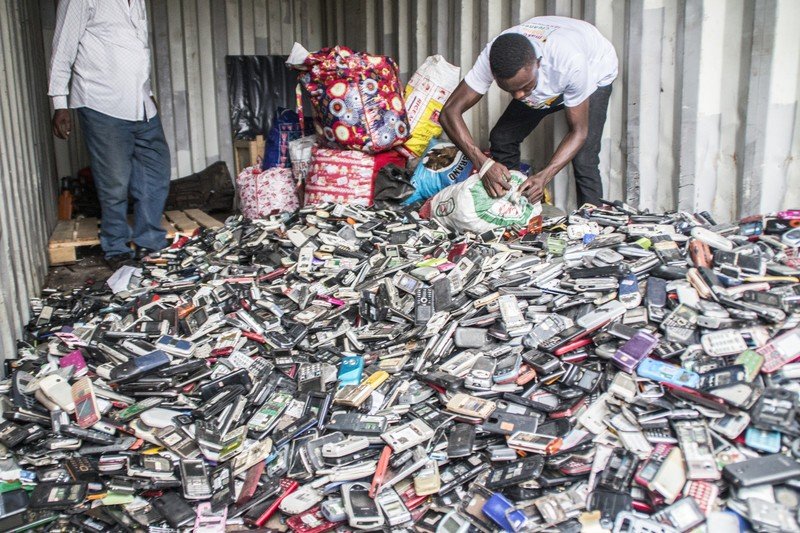
Related to the above question, does Fairphone try to explicitly engage with competitors/industry leaders to encourage this kind of behavior? I am aware of the white papers and resources on your website, but is there additional and more proactive outreach going on as well?
IL: Our mission is to try to change the industry by showing them it's possible to make fairer electronics. We're more than happy to cooperate with any companies that want to join us on this journey. For example, we're currently working with Phillips to source responsible gold in Uganda.
The right to repair is so important because it encourages consumers to keep their electronics for longer, helping to reduce the e-waste that has a detrimental effect on the environment.
Why is the right to repair so important, and how does it fit into our understanding of the 3 Rs (reduce, reuse, recycle)?
IL: If manufacturers make electronics that are easily repairable and provide software upgrades for longer, this will extend the lifespan of electronics. The right to repair is so important because it encourages consumers to keep their electronics for longer, helping to reduce the e-waste that has a detrimental effect on the environment.
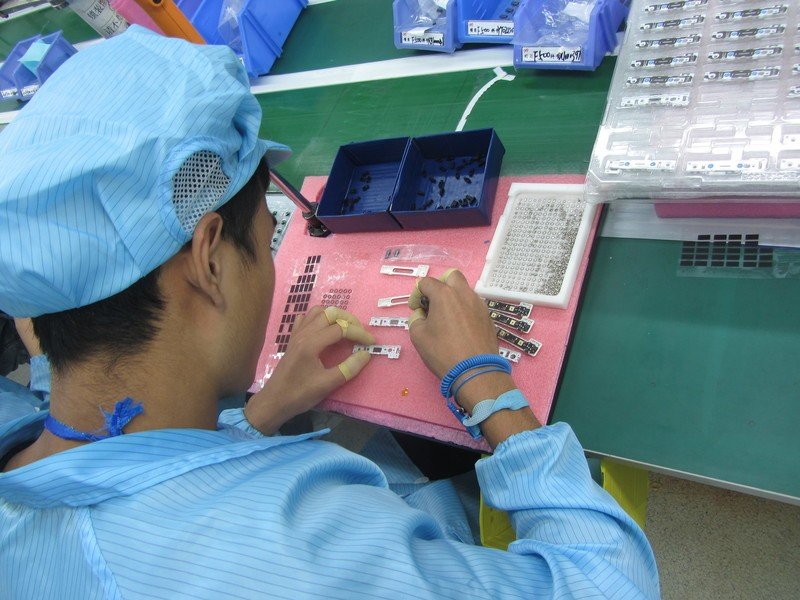
How much of your resources (employees, marketing budget, profits) are devoted to furthering your mission vs. developing new products vs. expanding your markets? What is the balance you're aiming for?
IL: With each Fairphone device, we've released a cost breakdown. This cost breakdown explains what the price paid for the device contributes to. This ranges from the production of the phone, research and development, impact projects, and much more.
Tell us about the Fairphone for business program. What kinds of organizations have you been working with to implement this initiative? Where do you see this aspect of your business going in the coming years?
IL: Fairphone has big B2B objectives for 2020. Our mission and the Fairphone 3 is tailored perfectly to organizations looking to procure in a more responsible way.
Our previous handsets opened the door for Fairphone to be the chosen handset amongst a variety of charities and NGOs. We are now experiencing a growing demand to go even further into the public and private sector in line with market development. As Fairphone grows in the B2B division we will share specific user cases and studies.
Best Sustainable and Repairable Phones
Respect for workers and environment
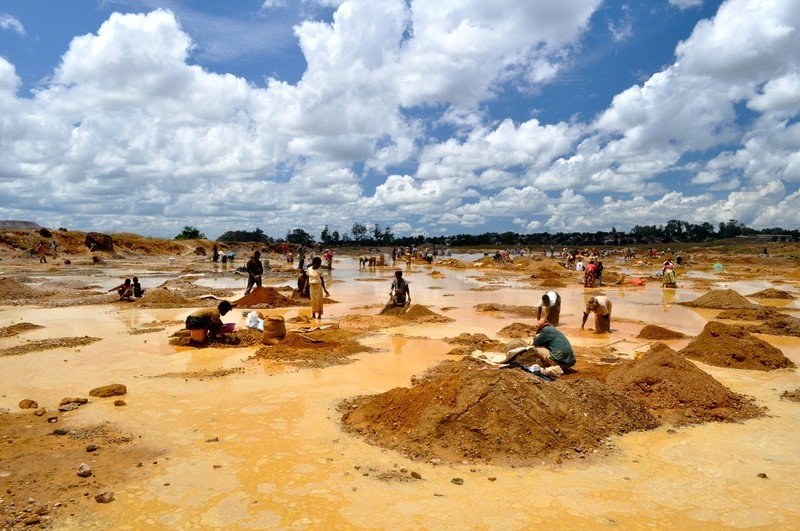
One of the most obscure components of the sustainability puzzle (but arguably the most important) is the ethically and environmentally responsible sourcing of materials and labor. As hidden as it may be, this was the first area that Fairphone set to address in 2013, and it is still working on improving to this day.
How do you ensure that your current supply chain and production partners continue to follow the standards you set out to meet, and how do you work with them to continually improve processes, policies, and procedures?
IL: For example, our final assembly partner for the Fairphone 3 is Arima. The company's headquarters are in Taiwan, and our phones are assembled at one of their manufacturing facilities in Suzhou, China. We decided to work with Arima due to their technical capabilities and quality standards, as well as the interest in partnering with us to improve worker satisfaction at their factory.
Our high-level strategy is to implement a joint improvement program that focuses on working conditions, as well as employee satisfaction and retention.
Our high-level strategy is to implement a joint improvement program that focuses on working conditions, as well as employee satisfaction and retention. To take a holistic approach, our process includes managers, supervisors, worker representatives and line workers, and addresses issues like worker rights, health & safety, living conditions and more.
Based on employee input gathered from surveys and dialogue sessions, together with Arima, we've developed an action plan in 2019 which included monthly activities and targets. At the end of the year, based on a worker satisfaction survey and the achieved improvements (measured using specific performance indicators), a performance bonus may be provided (up to 50 cents per phone, which Arima can use towards working conditions improvements). Both Fairphone and Arima are committed to this program and have set aside 100,000 USD per year for three years (financed equally by each party) to implement improvements.
Participation of employees in identifying issues and also involving them in the process to improve conditions is not common in China and it shows real industry leadership that Arima is doing so!
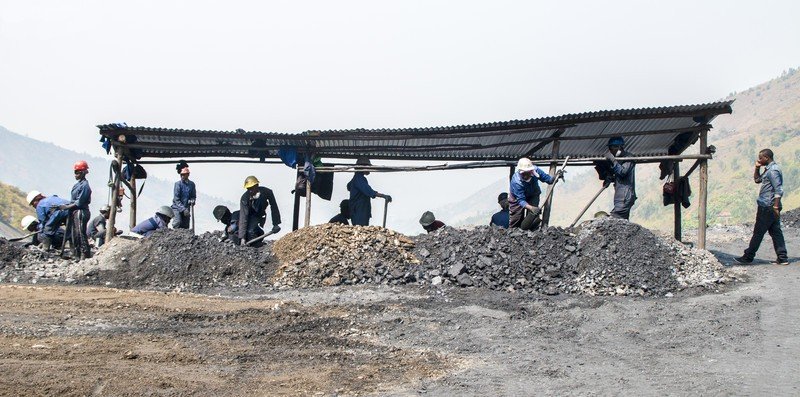
What minerals does Fairphone currently mine conflict-free and/or fair trade? Which types of minerals/parts have been more challenging to source in this way, and of those, which are you making the most progress on?
Fairphone is currently working on a more responsible supply chain for Cobalt, Litiam, and Rare Earth Minerals...
IL: Fairphone is the first electronics company that sources Fairtrade gold and integrates it into its supply chain. The Fairphone 3 has also implemented conflict-free tin and tungsten as well as recycled copper and plastics. Fairphone is currently working on a more responsible supply chain for Cobalt from the DRC. We are also diving deeper into our Lithium and Rare Earth Minerals supply chains. In 2020 we aim to have more than 60% of our 8 focus materials from sustainable sources.
Thinking of the consumer
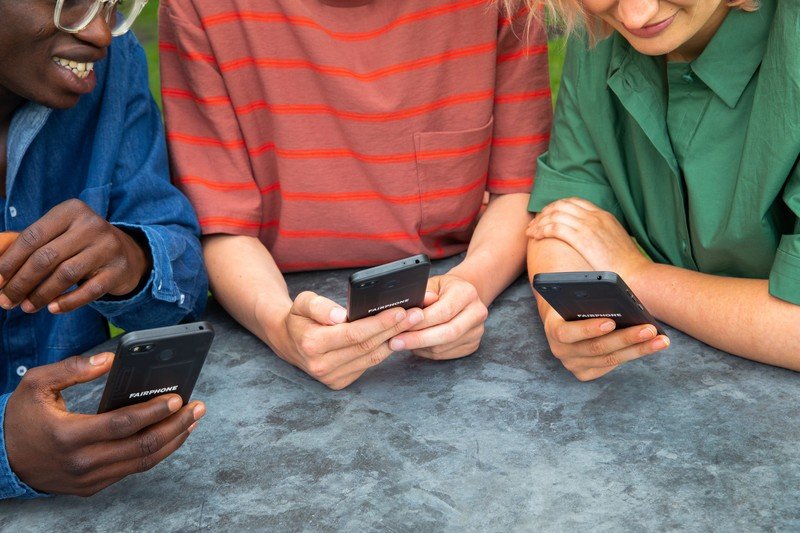
A company can't move an industry forward without growing its distribution and cultivating an enthusiastic consumer base to back it up.
When might we expect to see Fairphone devices available for purchase outside of Europe? And specifically in North America?
IL: Currently the Fairphone 3 is only available within the European continent. This is because the phone was designed to be used in Europe and due to warranty and shipment related issues are strictly covered in this region. We are looking into expanding further than Europe and to North America however, this project is only in the concept phase at the moment and we can't share a timeframe yet.
Fairphone recently released a new product in the form of modular headphones. Are you looking into other modular products, and if so, what other kinds of product categories are you considering?
IL: At the moment we are focusing on further developing the Fairphone 3, and offering module upgrades for the device to enable users to hold onto their phone for longer. We are currently finalizing the product roadmap and cannot share any exact dates yet. We're very excited to now also be selling modular earphones which, just like the Fairphone, allow users to repair their product themselves and with ease.
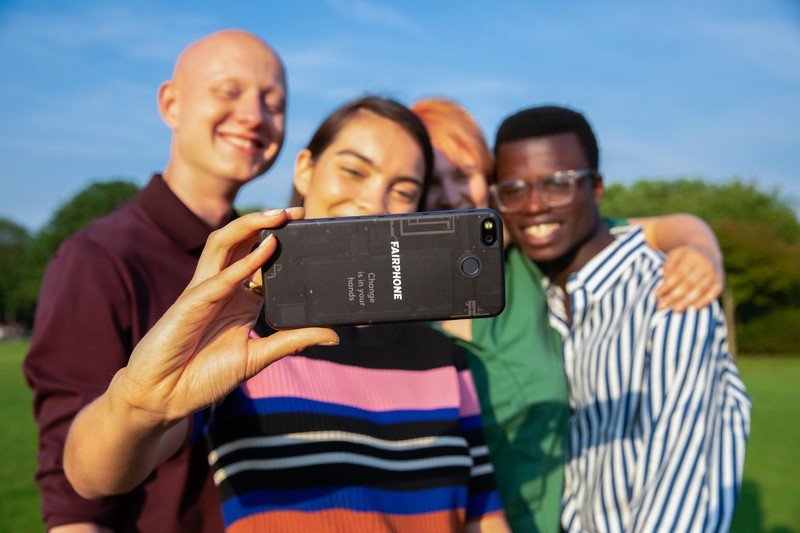
Tell us about the Fairphone community projects (Fairphone Angles, community forum leaders, meetups and events). How important are these initiatives in spreading your message to the global community?
Fairphone would not be here today if it wasn't for the support of our community.
IL: Fairphone would not be here today if it wasn't for the support of our community. The Fairphone Angels are extremely active community members that took the initiative to create a special network of super-helpers that offer assistance to Fairphoners in local areas. Their work is helping us build local networks, spread the word of longevity and share the story of Fairphone all while also supporting the Fairphone Support team in helping with repairs, upgrades or showing people how to make the most of their phones.
Some of these truly heaven-sent angels also organize, in their free time, Fairphone Meetups in their cities. Inviting anyone who has any questions about their devices or simply wants to learn more about Fairphone to join. These angels, as well as forum moderators, are very active on the Fairphone Community Forum, a platform that allows Fairphone users, enthusiasts and curious to ask questions and find answers about both the devices and the company.
Special thanks to Ioiana Luncheon and Fairphone for their time!

Jeramy was the Editor-in-Chief of Android Central. He is proud to help *Keep Austin Weird* and loves hiking in the hill country of central Texas with a breakfast taco in each hand.
